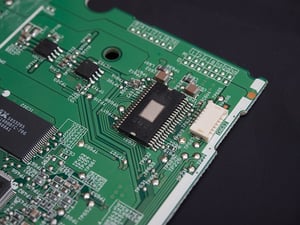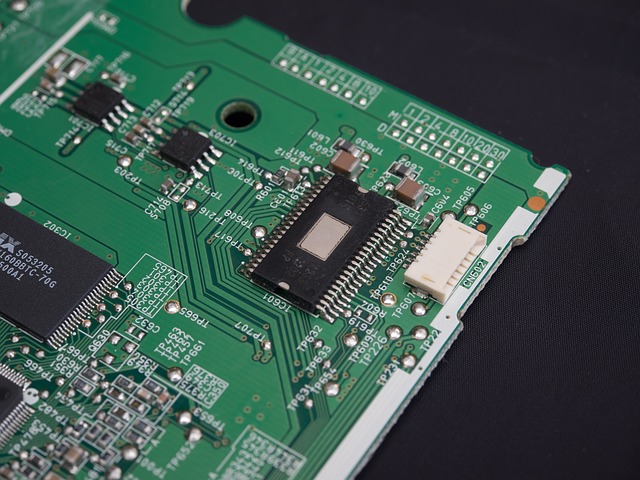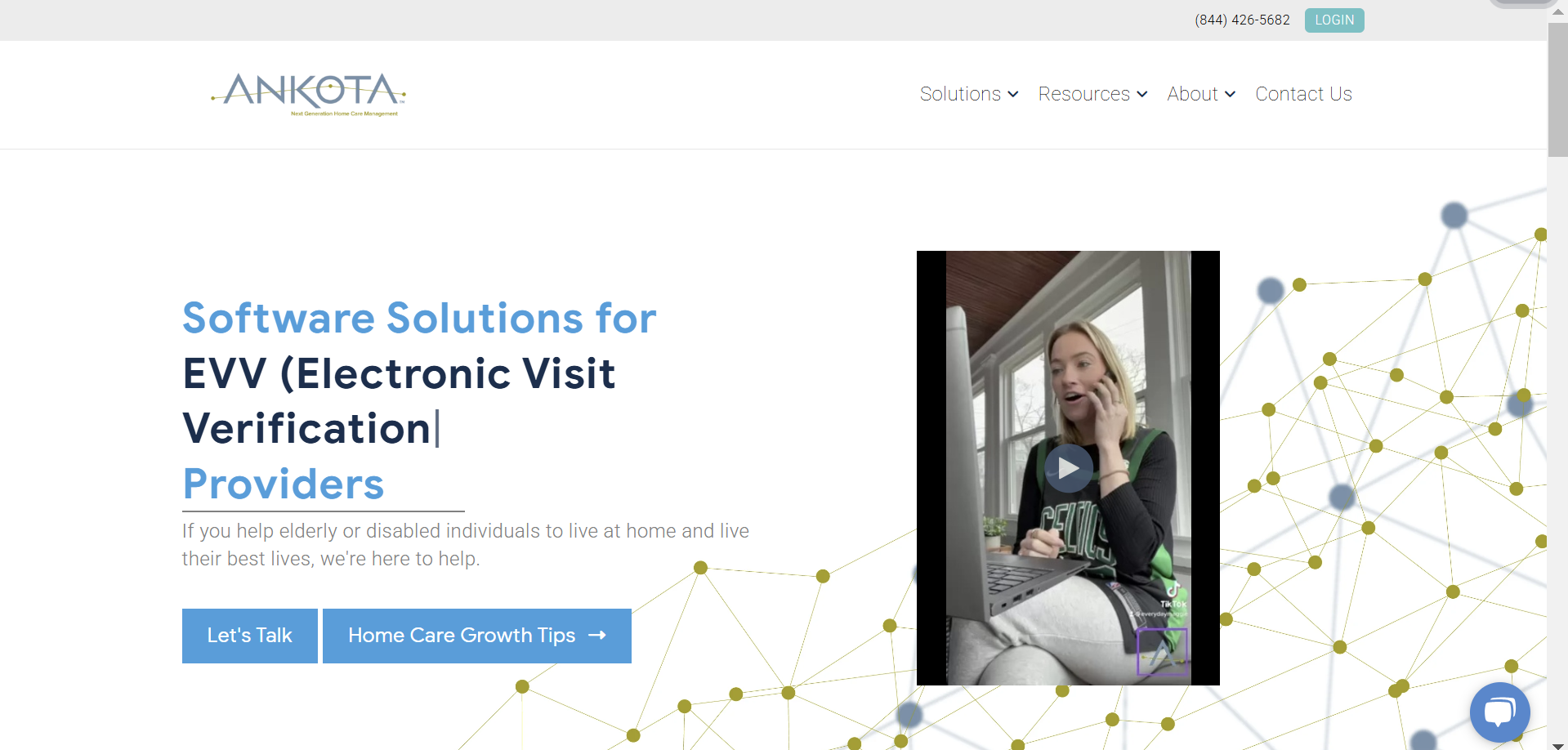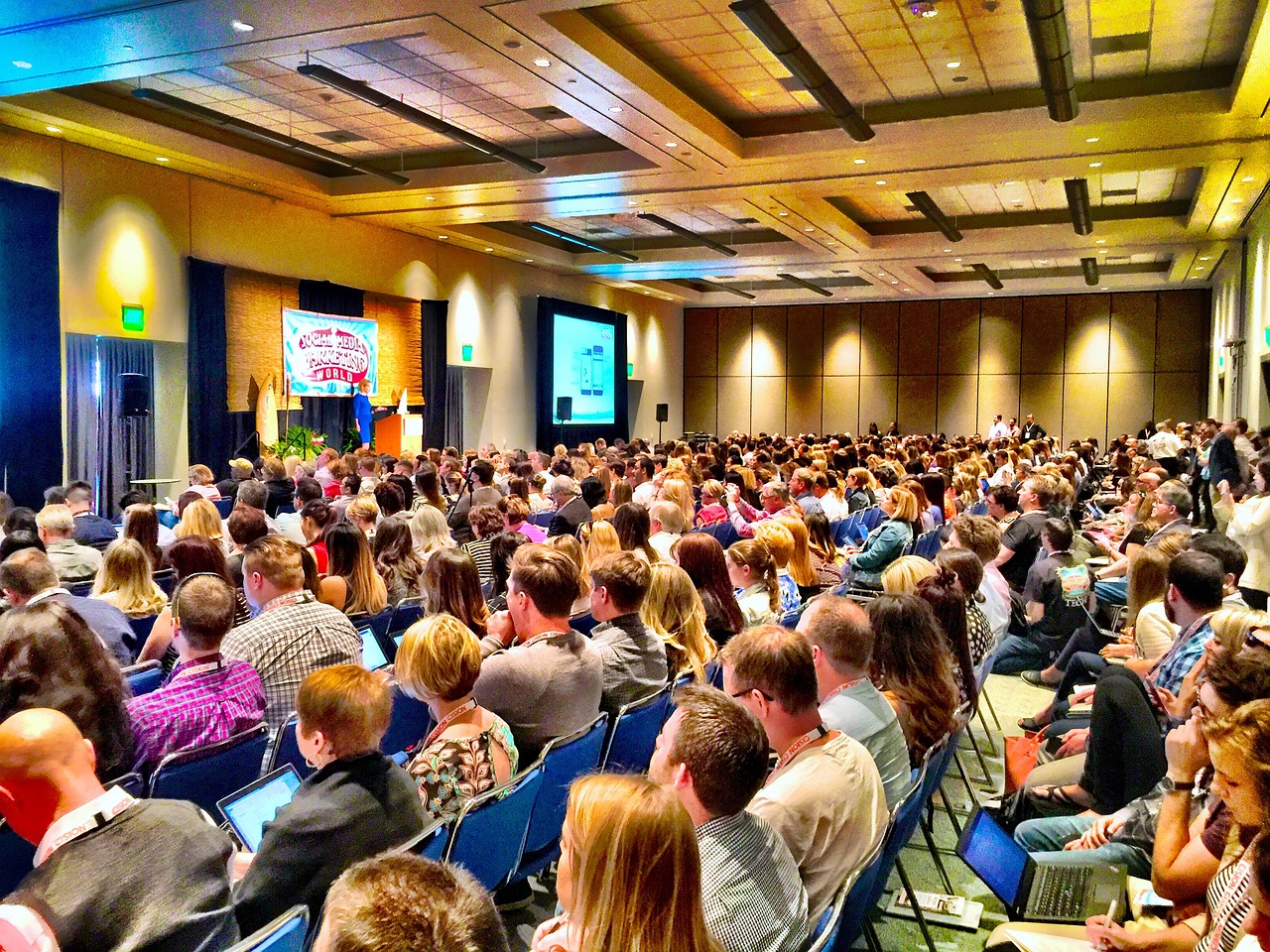Posts by Home Care Software Geek in this blog don't talk about Home Care Nursing Software, Private Duty Telephony, DME Delivery Software, Care Transitions or the other topics we focus on regularly at Ankota. Instead, these posts are intended to keep our readers up to date with technology trends that might be useful to your agencies, such as social media technologies, mobile devices, and what's happening with bigger companies like Microsoft, Google and Apple.

Artificial Intelligence (AI) is one of the big buzz words that you hear more and more of in various types of software and especially in the tech startup world. AI is real, but it’s not new. There have been concepts and implementations of artificial intelligence dating back to the 1970s. The evolution of computing has gone through 3 generations:
- Generation 1 of computing was the ability to do math and made calculators a household item
- Generation 2 of computing introduced the ability to string commands together and have logic for branching and looping. This enabled “programming”
- Generation 3 of computing is referred to as “cognitive computing.” Rather than programming the computer, you get experts to “teach it.” This type of computing has been highly market by IBM with what they call “IBM Watson.” Early on, Watson played against several champions on Jeopardy and won. In this case, part of the “teaching” of Watson included feeding it every previous Jeopardy question and answer in the history of the game and how to bet on the daily double.
Some of the so called AI-enabled programs being marketed today aren’t all that intelligent… Instead they incorporate some basic capability to “learn” something from the data and predefined rules that are entered and they declare themselves to have AI.
Other systems, however, are really doing amazing things. As an example, my wife’s company has programming that can read 3-dimensional breast images and detect possible calcifications and cancers. This type of AI is called machine learning.
The real forefront of AI is called “Deep Learning.” The difference between machine learning and deep learning is that with machine learning the systems are told what to look for and they find it. With deep learning, the systems aren’t told what they’re looking for and they make new discoveries.
The bottom line is that AI is a real thing and it’s growing… We’ve all seen dystopic movies like "I, Robot," "The Terminator" series, "The Matrix", or last year’s "Ready Player One", where the computers take over the earth. I don’t expect any of these things to happen anytime soon, but there is a reality today where computers are “disrupting” industries and displacing jobs (think Uber vs. taxis, Netflix vs. Blockbuster, and Wikipedia vs. the volume of encyclopedias on your parents or grandparents’ shelves).
Here's an article by the highly respected entrepreneurship coach Sramana Mitra that has pessimistic predictions regarding the future of work as a result of AI.
What does AI Mean for Home Care?
The good news for the home care industry is that computers will never replace value of face-to-face care, but the same can be said for the benefit of a taxi cab and that industry has been disrupted so we need to be wary.
The bad news for the home care industry is that we will continuously face challenges hiring quality caregivers and this problem will become so acute that it will transform our industry.
Since it won’t be possible to hire enough caregivers, we’ll need to find ways to provide group care and to have remote monitoring backed up by care staff in call centers.
At a minimum, let’s make sure that your agency has good software, electronic visit verification (EVV) and automated billing and payroll. Let us know if Ankota can help.

Ankota provides software to improve the delivery of care outside the hospital, focusing on efficiency and care coordination. Ankota's primary focus is on Care Transitions for Readmission avoidance and on management of Private Duty non-medical home care. To learn more, please visit www.ankota.com or contact us.

.png)
.png)




.png)
.png)


